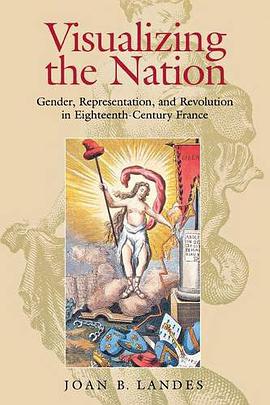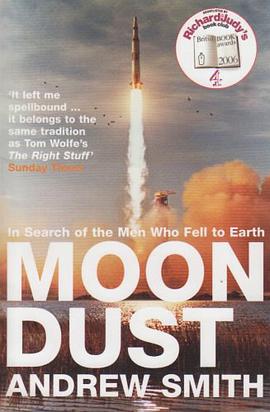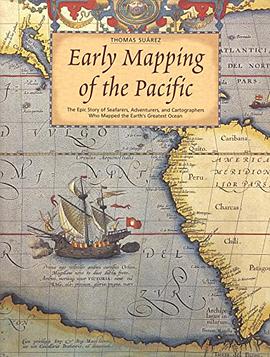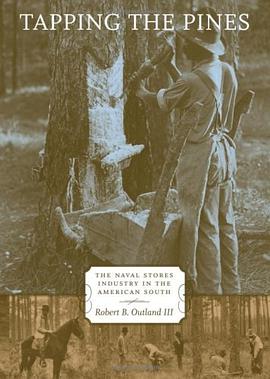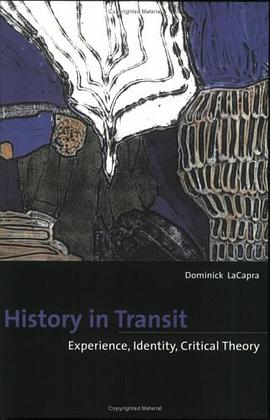

具體描述
History in Transit comprises Dominick LaCapra's explorations of relationships he believes have been insufficiently theorized: between experience and identity, between history and various theories of subjectivity, between extreme events and their representation, between institutional structures and the kinds of knowledge produced within them. Taken together, these discussions form a dialogical encounter, positing the links among epistemological questions, historicist ones, and issues pertaining to disciplinary and institutional politics. Reacting against the antitheoretical bias of some prominent historians, LaCapra presents an alternative model of historiographical practice--one in which emphases on plurality and hybridity are combined with the concept of historical experience. For LaCapra experience emerges as a category both theoretically determined and anchored in the facticity of the everyday. LaCapra tests the assumptions and implications of the way one approaches the past by looking to psychoanalysis to render more self-aware the relationship between the historian and his or her material. He offers criticisms of assumptions held by practicing historians and theorists, placing the study of history at the center of a larger argument about the role of the contemporary university. Contesting both corporatization and claims that the university is in ruins, LaCapra writes, "It is paradoxical that the demand to make the university conform to an ever-increasing extent to a market or business model seems oblivious to the fact that the American university has probably been the most successful of its type in the world, that students from other countries disproportionately desire to study init."
著者簡介
圖書目錄
讀後感
評分
評分
評分
評分
用戶評價
相關圖書
本站所有內容均為互聯網搜索引擎提供的公開搜索信息,本站不存儲任何數據與內容,任何內容與數據均與本站無關,如有需要請聯繫相關搜索引擎包括但不限於百度,google,bing,sogou 等
© 2025 book.quotespace.org All Rights Reserved. 小美書屋 版权所有

